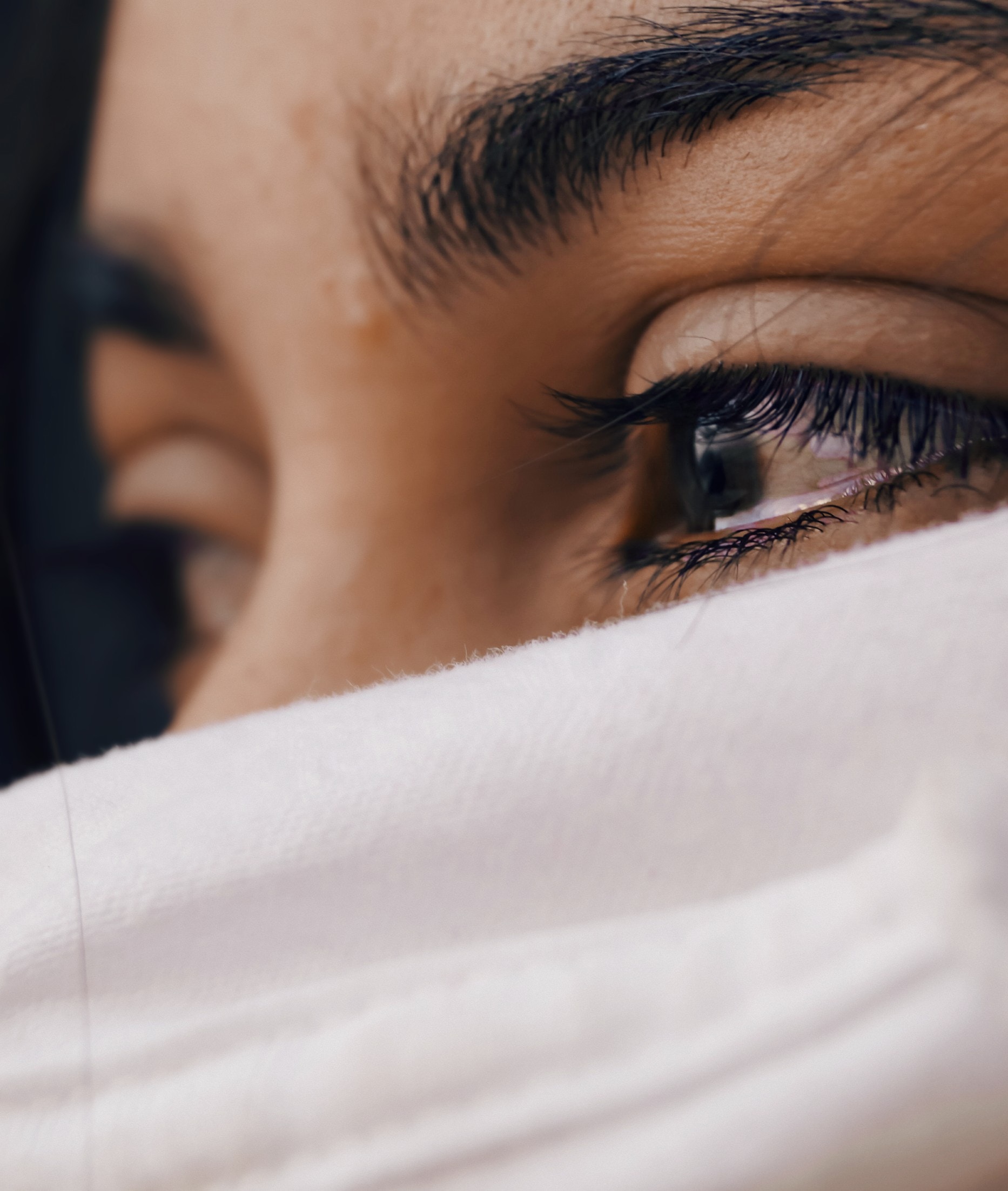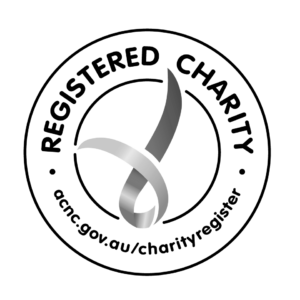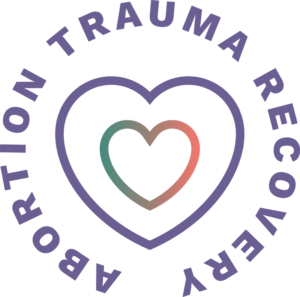Presented by: Julie Cook (RN), Former National Director (25 years)
#abortiontrauma
Abortion Trauma / Grief / Loss: Information Session (Part 1)
With over 25 years experience in counselling, training, and advocacy in abortion grief and trauma, listen to Julie Cook (RN) provide insights and awareness on a social issue in desperate need of more research, awareness and understanding.
Highlights of Part 1 session include:
- Growing international research providing a link to abortion-related illnesses
- Historic parallels to understand the current polarization of the ‘social’ abortion issue to the expense of addressing the ‘health’ abortion reality
- De-humanization of women and abortion
Abortion Trauma – A crisis in mental health
Risk to mental health increased by 138% compared to women who delivered…
Coleman, P. K. (2011). Abortion and mental health: quantitative synthesis and analysis
of research published 1995–2009. The British Journal of Psychiatry, 199(3), 180-186.
Julie Cook had a 37-year involvement with Abortion Grief Australia (AGA), a non-religious charitable organization, providing a national crisis line and professional development specializing in early intervention and prevention of abortion grief and trauma.
It’s a topic no-one seems to want to talk about, but abortion trauma is rife in our community.
Julie Cook, AGA
That’s one of the reasons the former nurse became involved in helping people impacted by and professionals struggling with, post-abortion trauma. She began helping at a pregnancy crisis centre in Perth, where women would often talk about how their abortion had affected them.
“I started doing lots of research and was stunned – reputable studies were showing 20 per cent full blown post-traumatic stress disorder within five or six years of an abortion experience and half were having high stress reactions,” she said. “You could not have those figures without it showing in the community.”
Julie also heard from prominent health professionals, that the symptoms of postnatal depression were often the same as post abortion trauma, with the arrival of the baby triggering it.
One of the problems is that people who care for women with postnatal depression work alongside people who provide abortions, so it becomes very difficult to identify abortion trauma among postnatal depression; even if a woman identifies it as the cause, it’s dismissed.
Julie reflected on major research published in The British Journal of Psychiatry (2011) encompassing nearly 1 million women found 10 per cent of mental illness in women was attributed to abortion.
We now have a massive mental health problem that is not being addressed in a society that has little patience or sympathy for those suffering women in their plight.
Untreated, abortion trauma has a tendency to be trans-generational. Politically powerless and isolated these women have little hope of accessing the recognition, support or the professional help they desperately need.
Julie’s journey began when she was training to be a nurse in Adelaide in 1978 and “this beautiful young girl committed suicide” after having an abortion. No-one recognized the symptoms and intervened.
On moving to Perth, Julie heard of another woman who had given birth to a child after an abortion and tried to commit suicide but suffered permanent brain damage. “I thought, how come I’m the only one hearing this, why aren’t we talking about it, this is a dreadful outcome.”
Doctors often lament that it is professional suicide to talk about abortion trauma because medical literature is not supportive of the reality of its existence.
Julie said that the denial in medical circles has further impacted those suffering. “I’ve had people so traumatized by their counsellors not addressing their abortion grief that they couldn’t even pick up the phone to seek help anymore,” she said. “The trauma of the denial undermines their whole sense of self.”
With a fifth of callers to the helpline being male, AGA continues the press light on the issue of men and abortion trauma. Julie told of a 16-year-old boy who dropped out of school and was rescued from suiciding after his girlfriend had an abortion.
A South Australian man called the helpline and asked what happened in an abortion and when she asked if his wife had aborted, he broke down and told her that she had done so at 21 weeks after talking to their daughter and his best friend’s wife but not to him.
She said men were less likely to express their feelings than women but given the opportunity and permission to share and examine their own role in abortion but were often very honest and direct and could work through their grief.
With over 130 million women worldwide experiencing abortion trauma, the scope and scale of the resulting mental health pandemic is impossible to ignore.

Address impact of abortion on women’s mental health
Extract: The Straits Times (Nov 30, 2023), By Gamaliel Tan (Dr).
I refer to the article “Teen abortion: Grief, guilt and shame can linger for decades” (Nov 26).
Singapore conducts approximately 6,600 abortions annually, translating to one in six (17.1 per cent as at 2021) pregnancies being terminated. Although abortion might offer immediate relief from an unwanted or unsupported pregnancy, it is crucial to acknowledge the potential long-term emotional harm, which can include grief, guilt and regret.
Supporting this perspective, a study published in 1996 in The BMJ medical journal found that the suicide rate associated with women who had abortions (34.7 per 100,000) was six times higher than those who had live births (5.9 per 100,000).
Furthermore, a 2011 meta-analysis published in the British Journal of Psychiatry highlighted an 81 per cent increased risk of mental health problems in women post-abortion compared with those who did not undergo the procedure.
It is imperative to address the deeper issues underlying unsupported or unwanted pregnancies.
Adolescent girls who abort compared to their peers who carried unplanned pregnancies to term, are 5 times more likely to seek help for psychological/emotional problems.
Coleman, P. K. (2006). Resolution of unwanted pregnancy during adolescence through abortion versus childbirth: Individual and family predictors and psychological consequences. Journal of Youth and Adolescence, 35, 903-911.
https://www.straitstimes.com/opinion/forum/forum-address-impact-of-abortion-on-women-s-mental-health

Abortion solution for women deemed ‘defective’.
With Australian research showing a 40 fold annual increase in drug-affected babies being born between 1980 and 2005 and co-author Professor Fiona Stanley’s use of national media to call for more to be done to prevent ‘unplanned pregnancies in drug using women’, the implications are clear.
Abortion, treated as another form of birth control by the medical professionals, is seen by many as one of the necessary tools to combat social ills. Professor Stanley’s public response to her alarming research published in Pediatrics (April) only adds weight to the unreported practice of women deemed ‘defective’, being pressured into unwanted abortions.
The 2003 Australian of the Year however, like her peers, has continued to ignore growing international research linking abortion to substance abuse, psychiatric illness, depression, post-traumatic stress disorder, relationship problems, domestic violence and premature death in the categories of suicide, accident, homicide and natural causes.
There are now at least 24 published studies linking abortion to substance abuse, including studies during pregnancies and one recent ground breaking Australian study published in the The British Journal of Psychiatry (2008).
We now have a situation where the manifestations of abortion trauma in our communities are being used to promote the need for abortion.
Self-medicating with alcohol and/or drugs is a typical coping mechanism for many women and men struggling with their abortion experience.
A problem often further aggravated by other maladaptive behaviour patterns such as self-destructive behaviours, anger management issues, personality disorders, sexual dysfunction, and domestic violence to name but a few. Into this toxic mix is the propensity for the ‘atonement’ child, a subconscious form of self-therapy often leading to repeat abortions.
Pitiful indeed is the plight of repeat-aborters, who end up in our chemical dependency units trying to carry a pregnancy to term. Viewed with contempt by all, that only serves to reinforce both their own sense of self-loathing and victimization. The root cause of their trauma is too confronting for our doctors to face. It is easier to blame the woman.
Without giving publicity to a deeper analysis of underlying causes as to why women are increasingly substance abusing, Professor Stanley is effectively scapegoating traumatized women and further paving the way for vulnerable pregnant women to be pressured into unwanted abortions.
https://www.smh.com.au/national/more-babies-born-to-drugaddicted-mums-20090423-ag33.html

